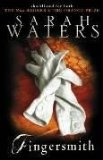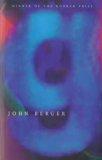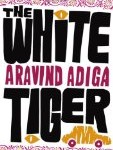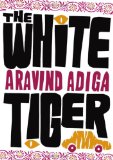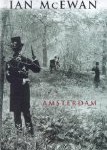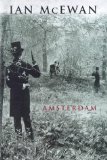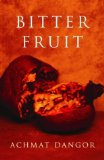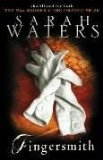
This book was one of the oldest, unread residents of my book shelves. Although I wanted to read it, I kept putting it off as I had already seen the excellent BBC adaptation of it, and I don’t normally like reading books when I know the plot. So when the Orange Prize readers Yahoo group announced it was Sarah Waters month , I decided that this was the incentive I needed to finally take it off the shelf.
I’m really glad I did, as it is one of the best books I have ever read. It didn’t matter that I knew what was going to happen, as the writing was so vivid, that it took the story to a whole new level.
The pace was perfect, despite being 550 pages long, my interest was held throughout. I enjoyed reading this book so much that I was torn between the desire to read it, and not wanting it to come to an end.
It completely immerses you in Victorian England. I loved the way the story was told by the two orphan girls. Seeing everything from two different perspectives was very clever, and added to the suspense. The intricate details of the plot, and all the twists and turns make this a very well constructed novel. It’s hard to describe the plot without giving some of it away, so I won’t try to. I just urge you to read it.
Highly recommended.
Winner of the CWA Ellis Peters Dagger for Historical Crime Fiction. Short listed for both the Orange and the Booker Prize.
